Japan only wants labor, not immigration
Ngu Thazin wants to leave her war-torn country for a better future. She heads to Japan.
In Myanmar, she studied Japanese and graduated with a degree in chemistry from one of the country's most prestigious universities. However, she happily took a job changing diapers and bathing elderly people at a nursing home in a mid-sized city in Japan.
“Honestly, I want to live in Japan because it is safe,” said Thazin, who hopes to eventually pass the exam to work as a licensed housekeeper. “And I want to send money to my family.”
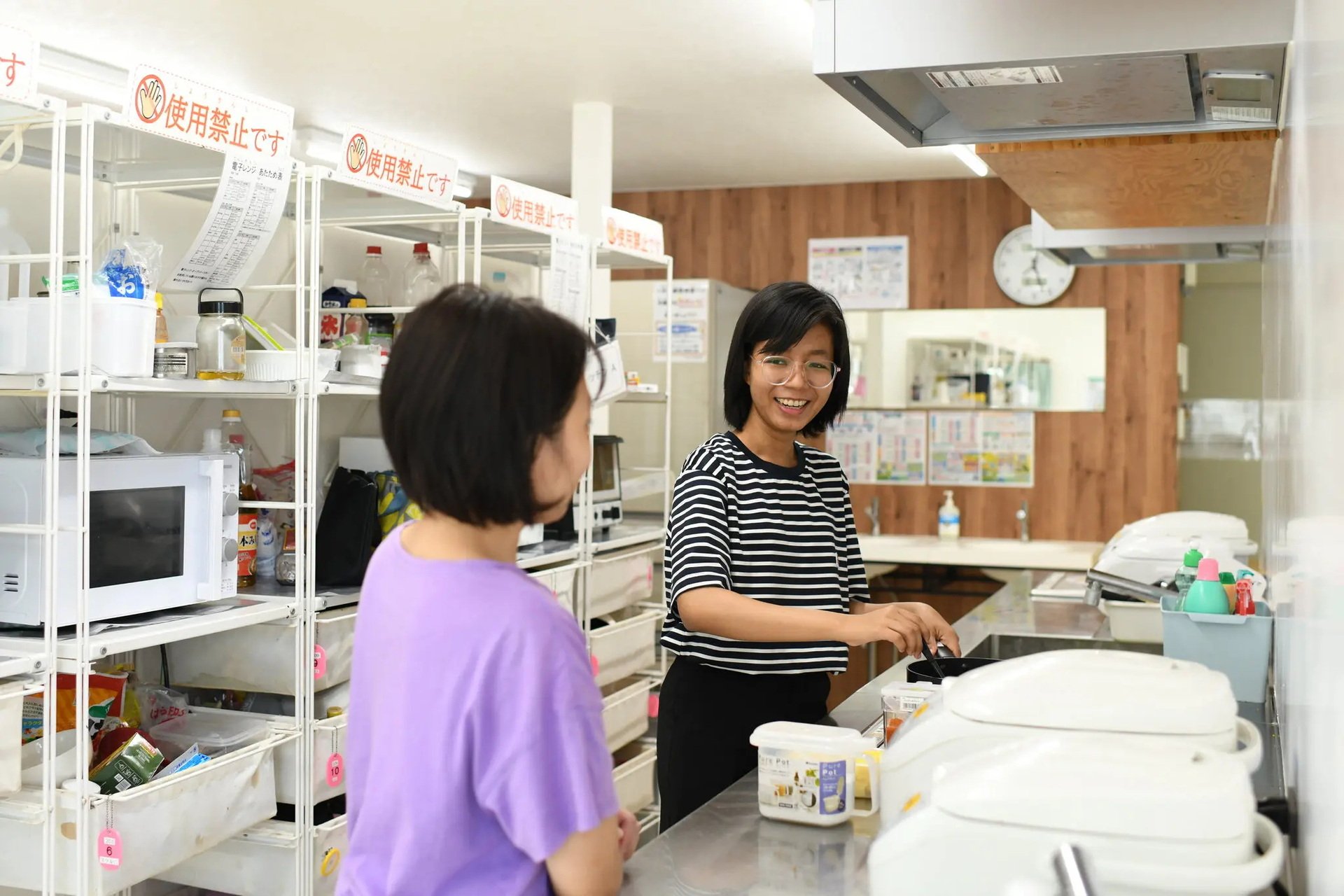
Ngu Thazin at the shared house where she lives with other foreign workers in Maebashi. Photo: New York Times
Japan is desperate for people like Thazin to fill jobs left vacant by its aging and shrinking population. The number of foreign workers has quadrupled since 2007, to more than two million in a country of 125 million.
But even as foreign workers become much more visible in Japan, working as convenience store cashiers, hotel clerks and restaurant servers, they are still treated with ambiguity. Politicians remain reluctant to create a path for foreign workers, especially those in low-skilled jobs, to stay indefinitely.
That could eventually cost Japan in competition with neighbors like South Korea, or even further afield like Australia and Europe, which are also struggling to find workers.
Political resistance to immigration in Japan, as well as a public that is sometimes wary of integrating newcomers, has led to an ambiguous legal and support system that makes it difficult for foreigners to settle down.
Foreign-born workers are paid about 30 percent less on average than Japanese nationals, according to Japanese government data. Fearful of losing their right to stay in Japan, workers often have precarious relationships with their employers and career advancement can be elusive.
Japan's policy is designed to "get people to work in Japan for short periods of time," said Yang Liu, a fellow at the Research Institute of Economy, Trade and Industry (RIETI) in Tokyo. "If the system continues like this, the possibility that foreign workers will stop coming to Japan will become very high."
There have been changes, but not enough
In 2018, the Japanese government passed a law that dramatically increased the number of low-skilled foreign workers allowed into the country. Earlier this year, Tokyo pledged to double that number over the next five years to 820,000. The government also revised a technical intern program that employers have used as a source of cheap labor.
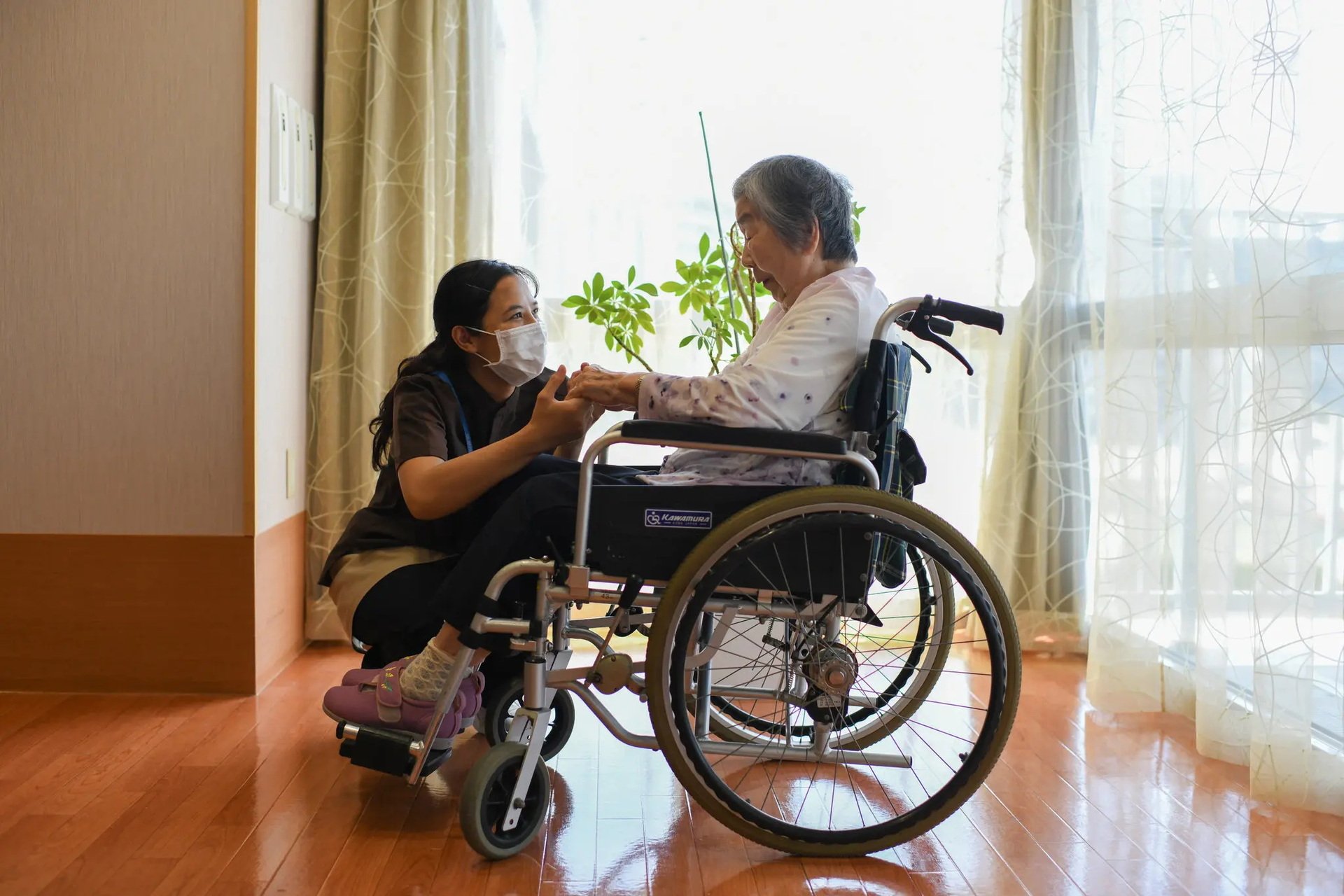
Winda Zahra, from Indonesia, works at a nursing home in Maebashi, the capital of Gunma Prefecture in central Japan. Photo: New York Times
But politicians are still far from opening the country’s borders. Japan has yet to experience the kind of significant migration that has rocked Europe or the United States. The total number of foreign-born residents in Japan—including non-working spouses and children—is 3.4 million, less than 3 percent of the population. The ratios in Germany and the United States, for example, are nearly five times that.
Long before foreigners can gain permanent residency, they must pass onerous visa requirements, including language and skills tests. Unlike Germany, where the government offers new foreign residents up to 400 hours of language lessons at a subsidized rate of just over 2 euros per lesson, Japan has no organized language training program for foreign workers.
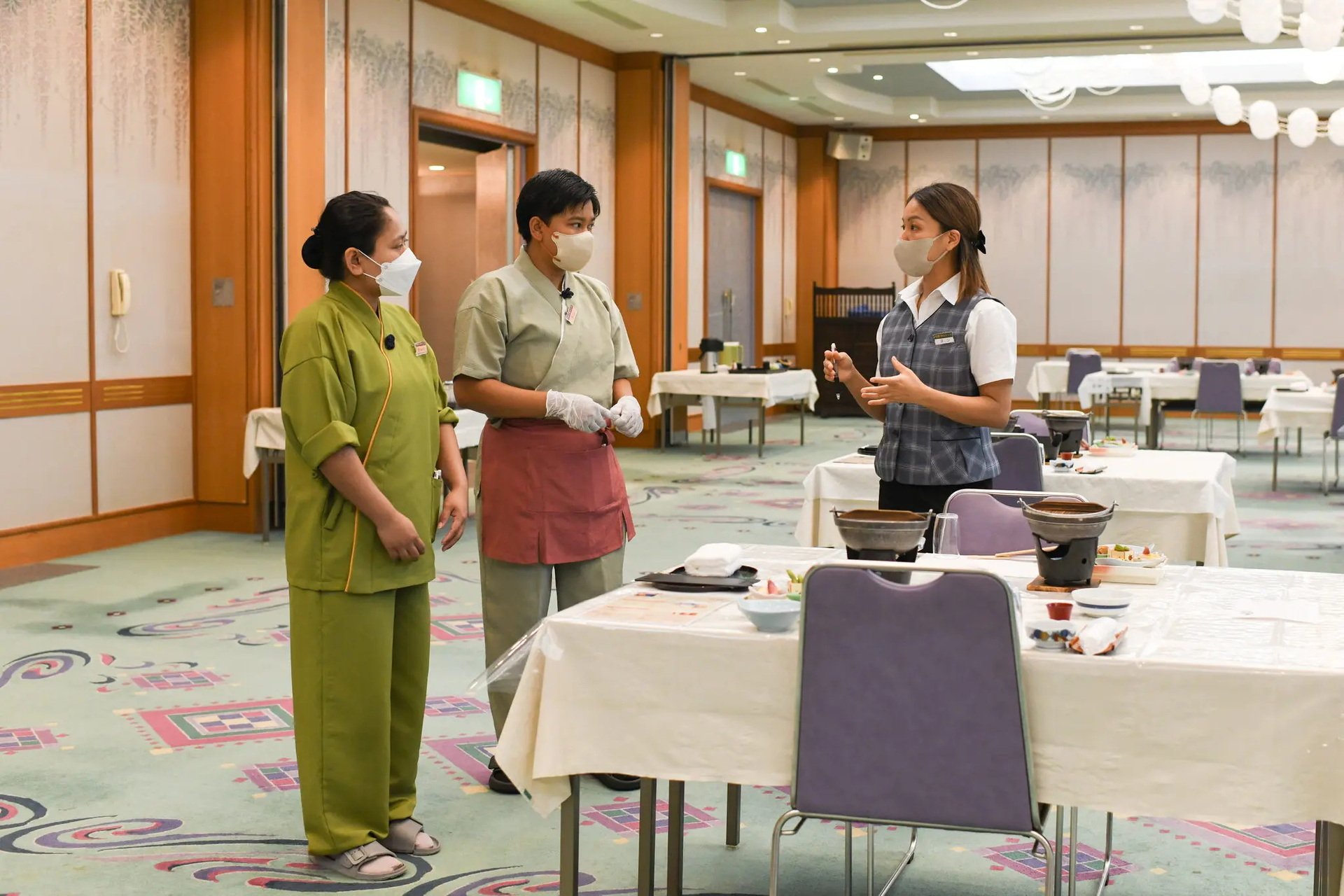
Ngun Nei Par (right), a Myanmar national and manager of the Ginshotei Awashima inn, talks with staff from Myanmar and Nepal. Photo: New York Times
While politicians say the country should do a better job of teaching Japanese, “they are not ready to pour tax money into it,” said Toshinori Kawaguchi, director of the foreign worker division at Japan’s Ministry of Health, Labor and Welfare.
That leaves municipalities and employers to decide whether and how often to provide language training. The nursing home operator that employs Thazin in Maebashi, the capital of Gunma Prefecture in central Japan, provides some caregivers with a day of group Japanese lessons, as well as another 45-minute lesson, each month. But the workers who prepare meals at the nursing home get just one 45-minute lesson a month.
Akira Higuchi, president of the company, Hotaka Kai, said he encourages employees to learn Japanese on their own. Those who pass the government's Japanese-language proficiency test at the second highest level, he said, "will be treated the same as Japanese people, with the same salary and bonuses."
Especially outside of major cities, foreigners who do not speak Japanese may have difficulty communicating with local authorities or schools. In cases of health emergencies, few hospital staff speak languages other than Japanese.
Hotaka Kai has taken other measures to support its employees, including providing accommodation for newcomers at subsidized corporate apartments and providing skills training.
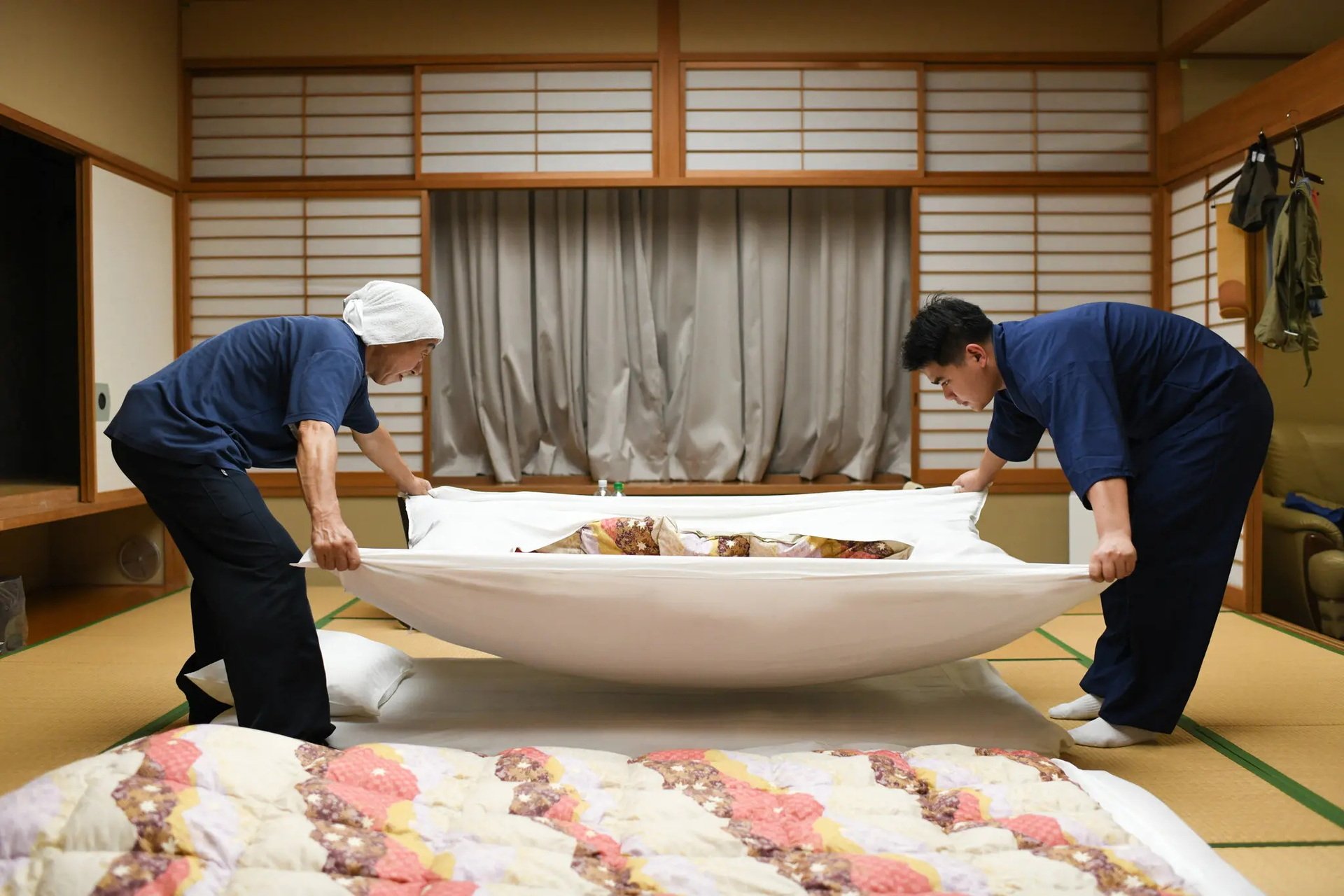
Gurung Nissan (right), a worker from Nepal, spreads out a futon at the Ginshotei Awashima guesthouse. Photo: New York Times
A shared kitchen shared by 33 women aged 18 to 31 offers a glimpse of their intertwined heritages. Peering out from plastic bins labelled with the residents’ names are packets of Ladaku merica bubuk (an Indonesian white pepper powder) and packets of Vietnamese braised pork seasoning.
Across Gunma Prefecture, the reliance on foreign workers is unmistakable. In Oigami Onsen, a mountainside village where many restaurants, shops and hotels have closed, half of the 20 full-time staff at Ginshotei Awashima, a traditional hot spring inn, are from Myanmar, Nepal or Indonesia.
Because the inn is located in a rural area, "no Japanese want to work here anymore," said Wataru Tsutani, the inn's owner.
Ngun Nei Par, the hostel manager, graduated from a university in Myanmar with a degree in geography. She hopes the Japanese government will facilitate her naturalization so she can bring her family to Japan one day.
But Mr. Tsutani, the innkeeper, said the public, which has not yet caught up with the reality, could protest if too many foreigners apply for citizenship.
“I hear a lot of people say that Japan is a ‘unique country,’” Mr. Tsutani said. “But there is no need to make it so difficult for foreigners who want to stay in Japan. We want workers.”
Quang Anh
Source: https://www.congluan.vn/nhat-ban-can-lao-dong-nuoc-ngoai-va-nghich-ly-khong-the-giu-chan-post306483.html


![[Photo] Special relics at the Vietnam Military History Museum associated with the heroic April 30th](https://vstatic.vietnam.vn/vietnam/resource/IMAGE/2025/4/3/a49d65b17b804e398de42bc2caba8368)
![[Photo] General Secretary To Lam receives Japanese Ambassador to Vietnam Ito Naoki](https://vstatic.vietnam.vn/vietnam/resource/IMAGE/2025/4/3/3a5d233bc09d4928ac9bfed97674be98)



![[Photo] Moment of love: Myanmar people are moved to thank Vietnamese soldiers](https://vstatic.vietnam.vn/vietnam/resource/IMAGE/2025/4/3/9b2e07196eb14aa5aacb1bc9e067ae6f)





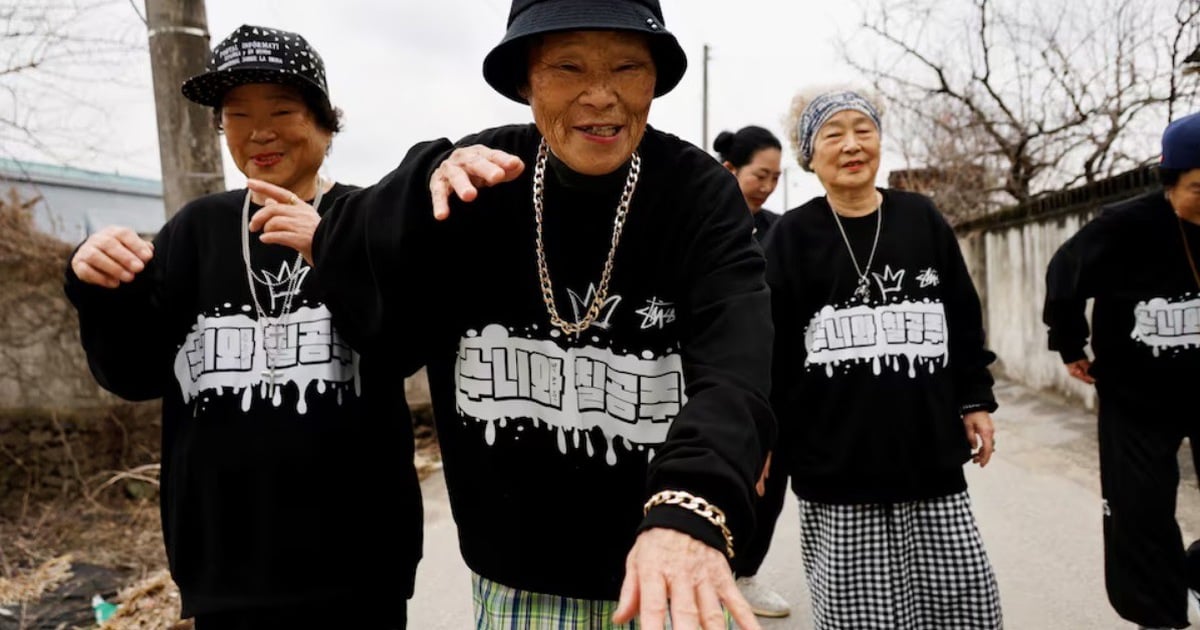

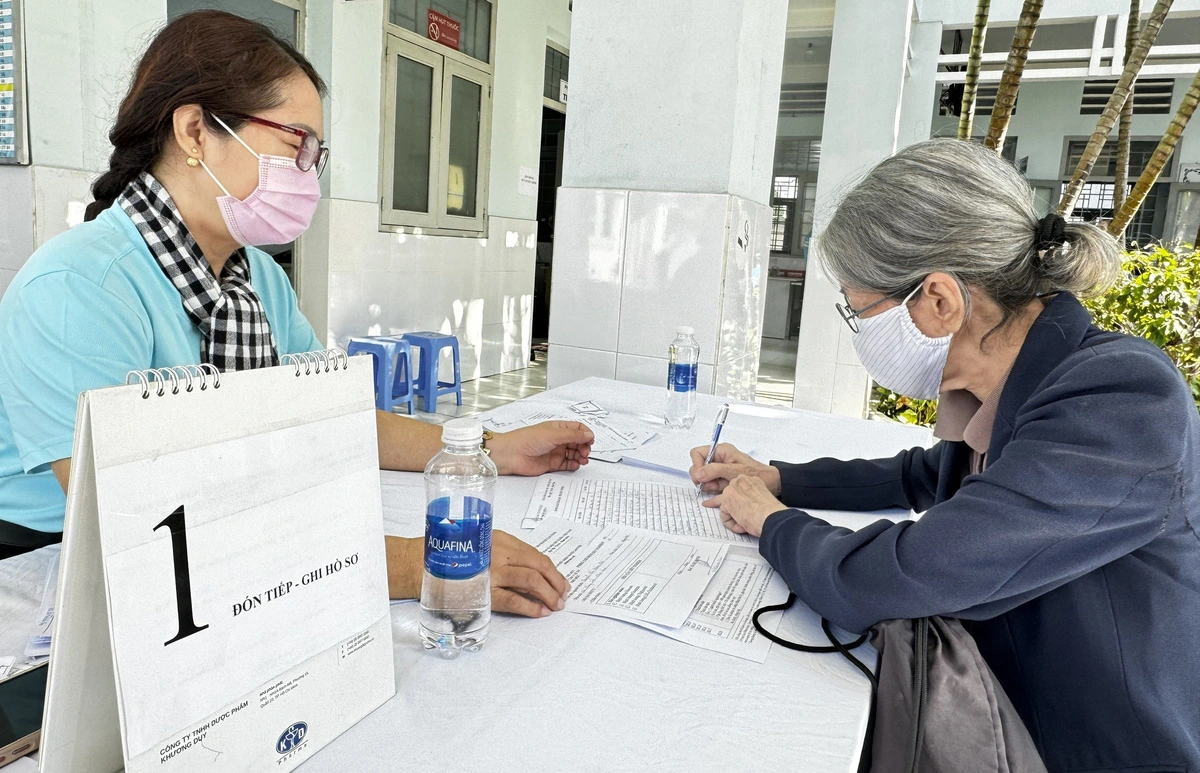

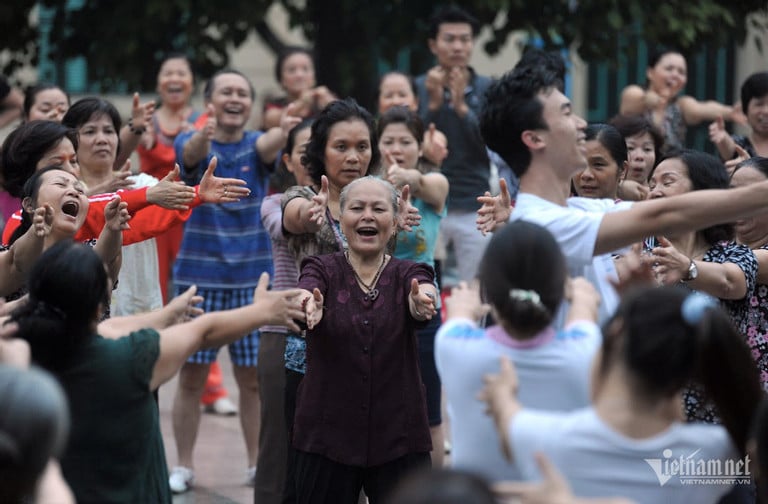



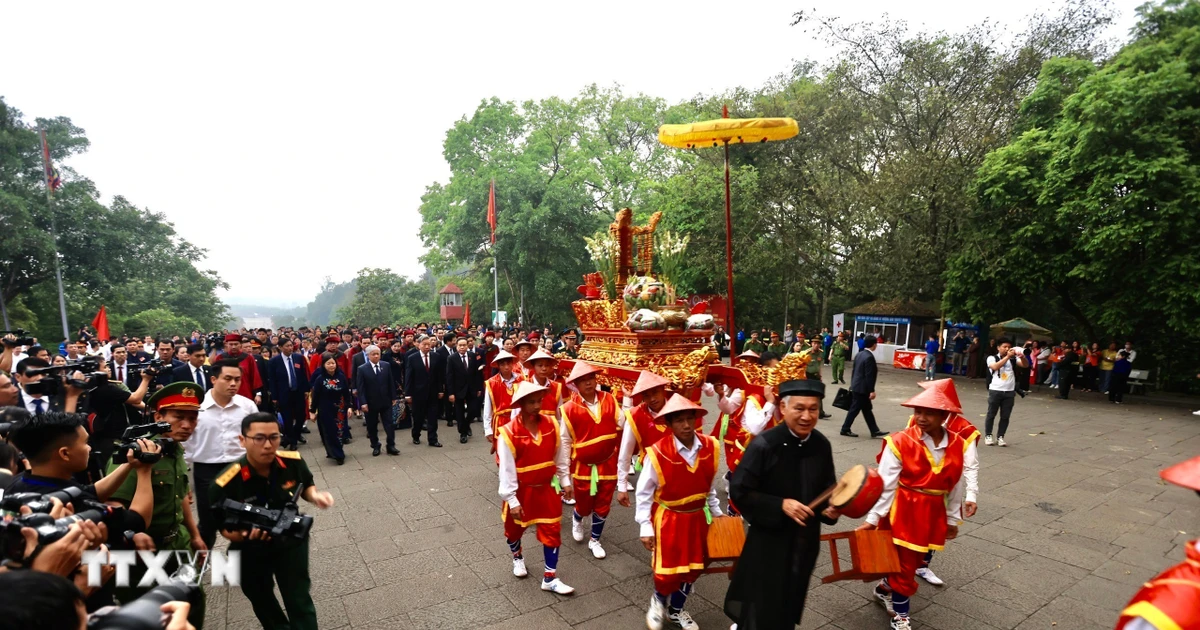
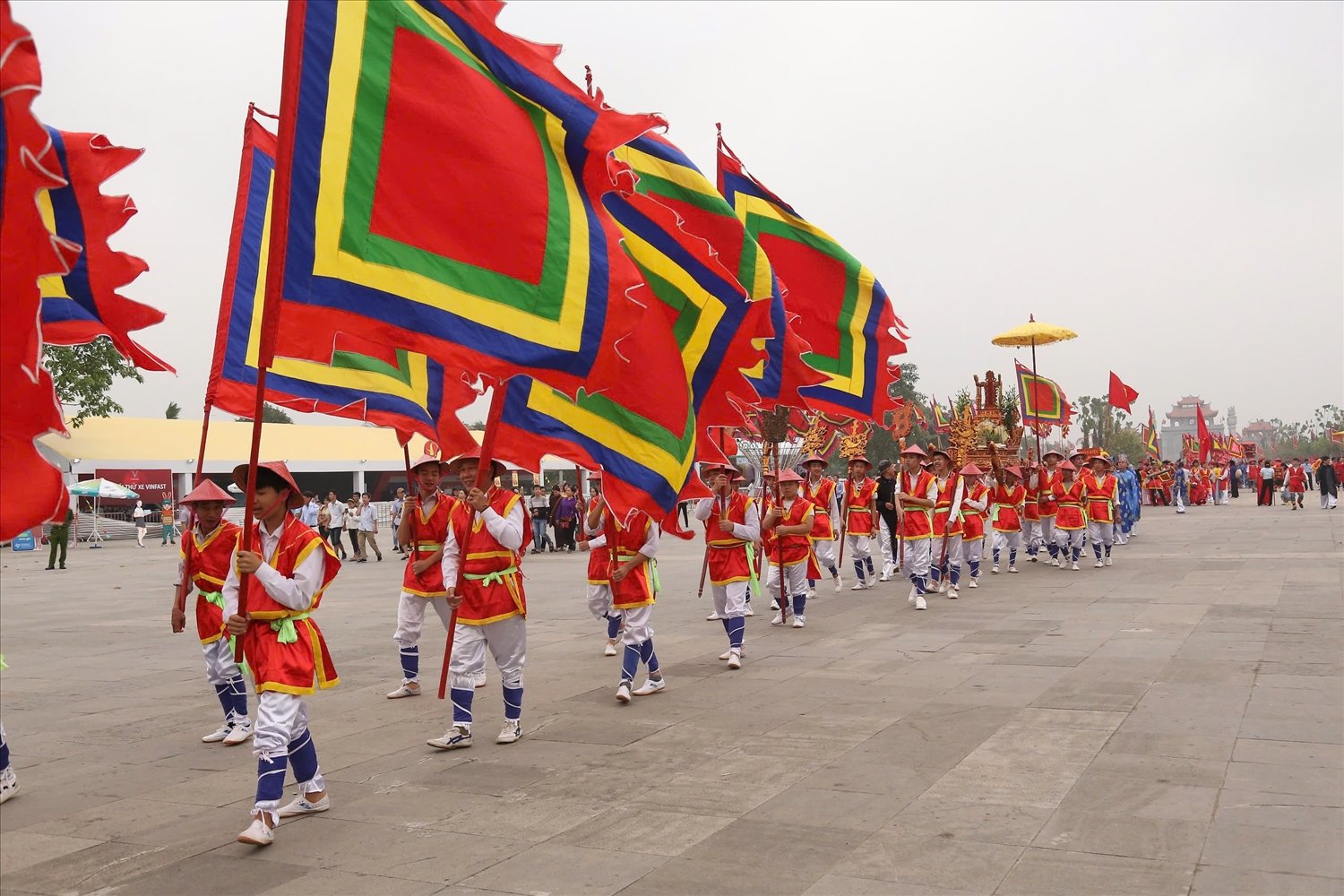
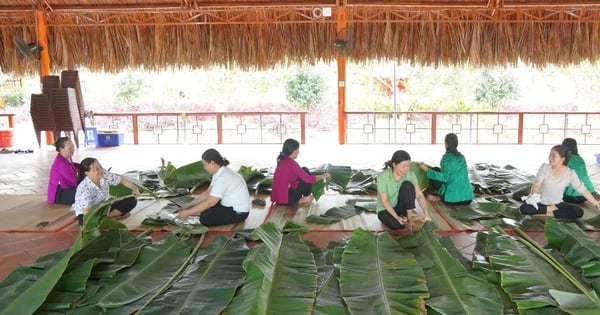
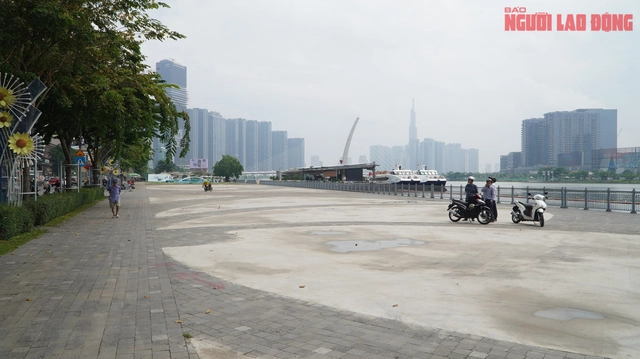









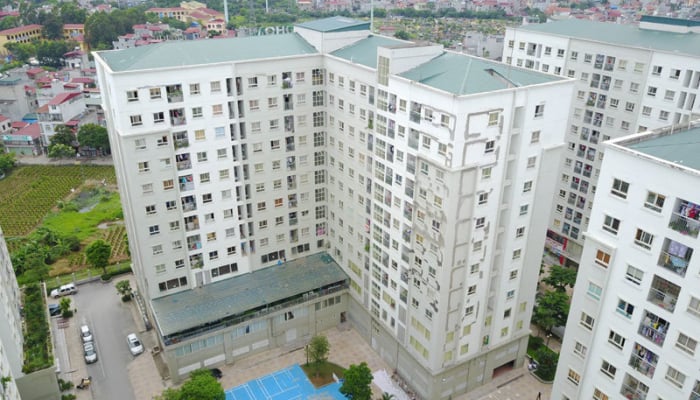


























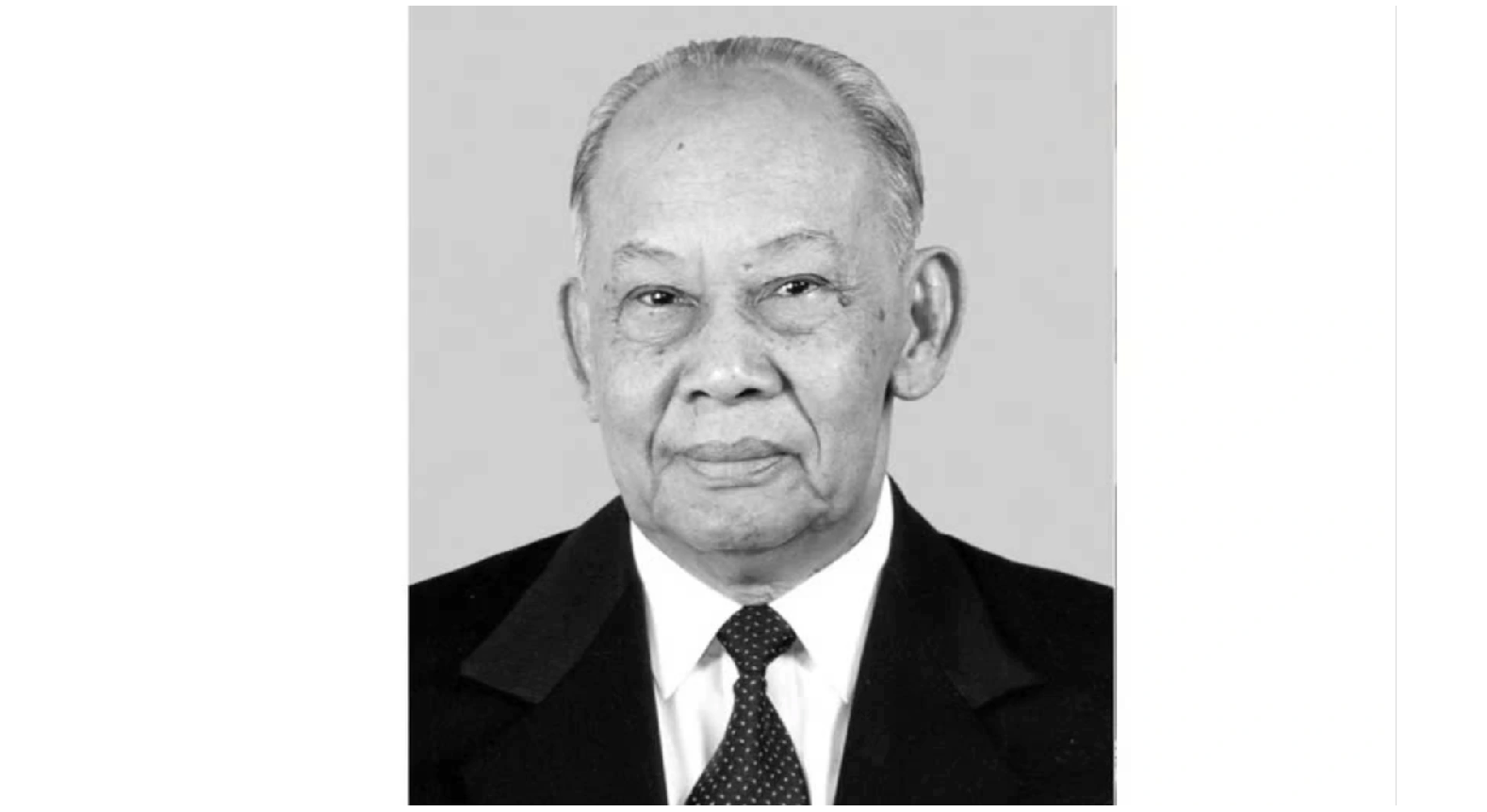











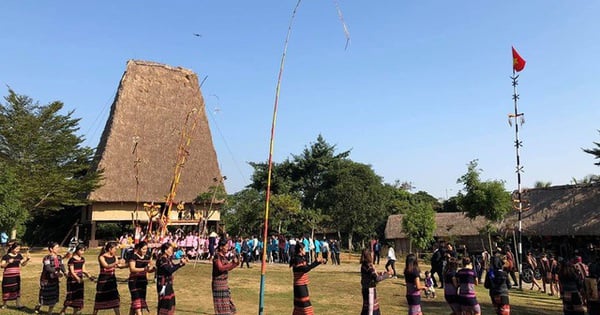


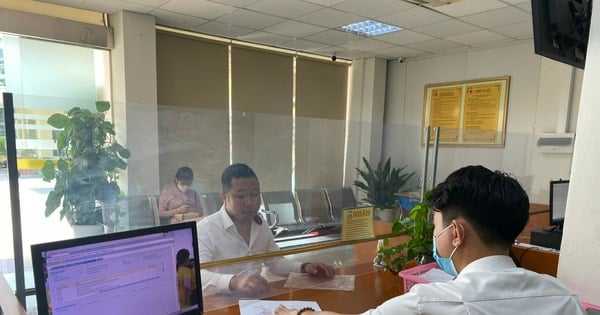

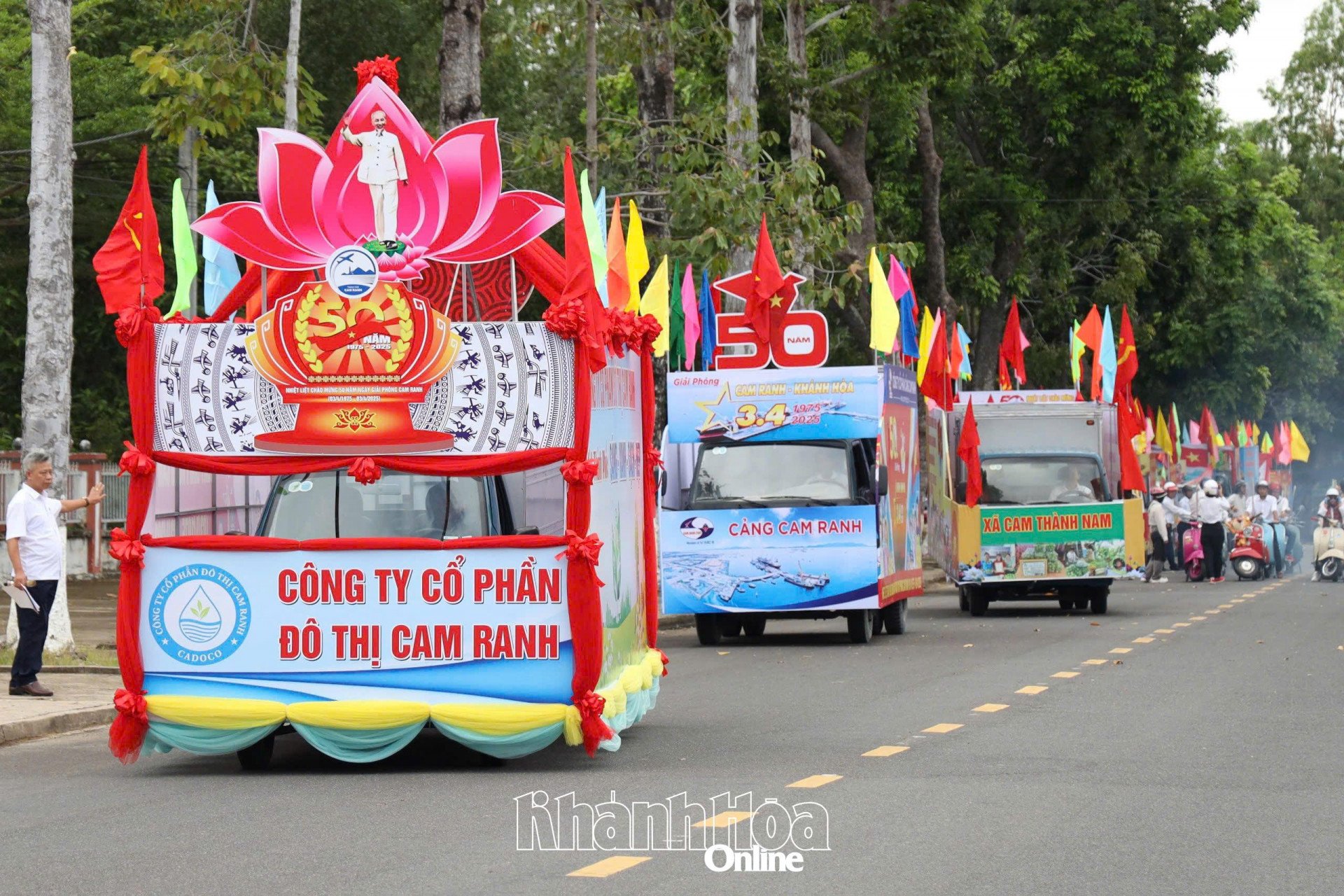















Comment (0)